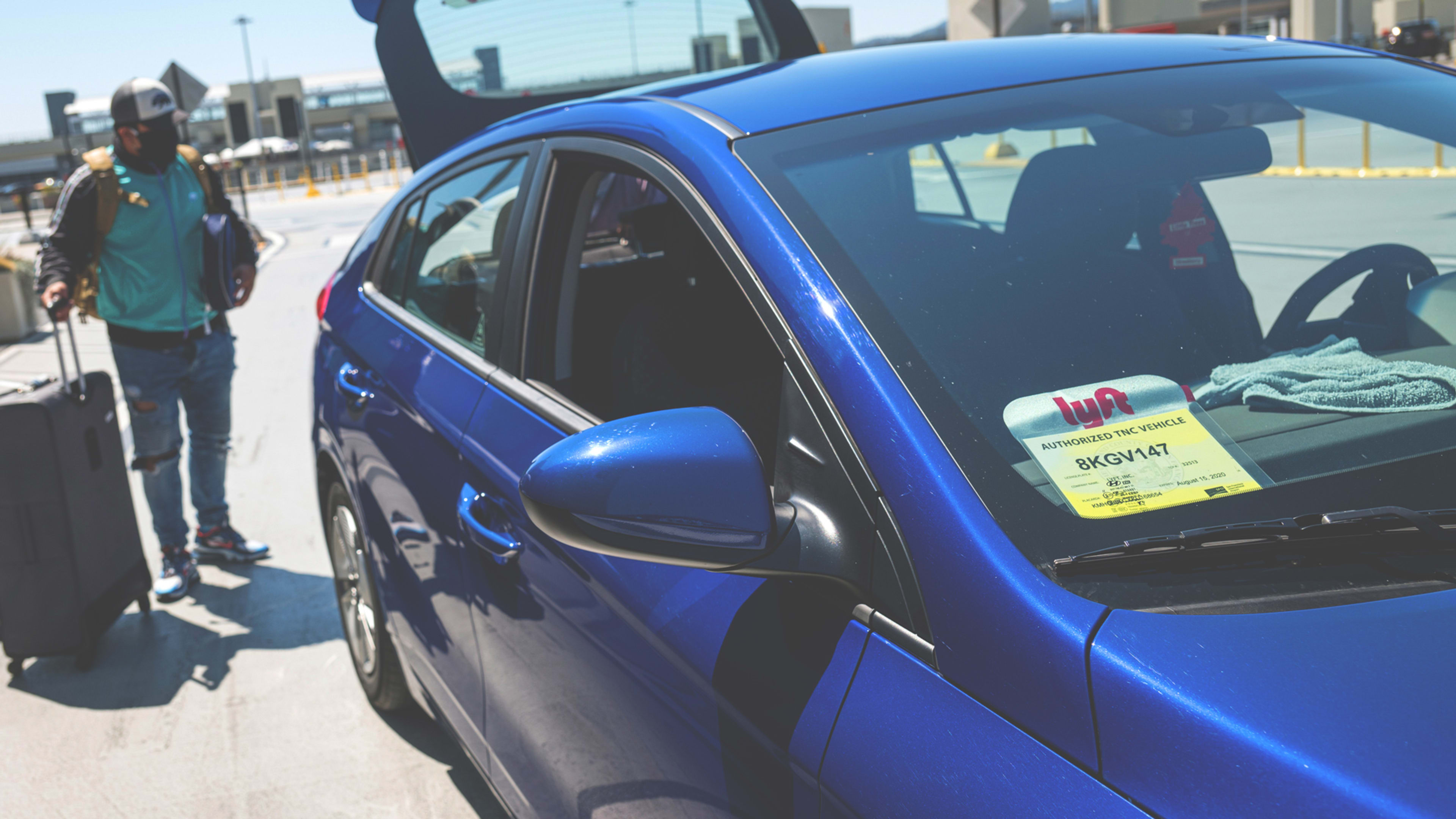The California gig work bill Proposition 22 is back in the spotlight this week after a state appeals court heard oral arguments Tuesday on whether it should uphold a lower court’s ruling that deemed the voter-approved law unconstitutional.
It’s the latest in a lengthy saga that has cost gig work companies, including Uber, Lyft, Instacart, and DoorDash, more than $200 million. Voters originally approved the ballot measure in November 2020 saying that giant gig players, like Uber and Lyft, can classify their workers as independent contractors rather than employees. A superior court judge then ruled in August 2021 that the measure was unconstitutional, leading to the current appeal and hearings. The court has 90 days to issue a ruling, though it’s ultimately expected to appear before the California Supreme Court.
Because this drama has been playing out for more than two years and will likely not end any time soon, Fast Company put together a guide to explain what’s happening.
Why did gig economy companies bankroll Prop. 22?
California passed a law in 2019, called AB-5, that essentially required gig economy companies to constitute workers as employees and provide them with benefits like minimum wage, overtime, and health insurance. The law would have upturned the model of rideshare and food delivery companies, which rely on gig workers to keep costs low. As a result, gig giants banded together to help fund Prop. 22, which exempted gig companies from AB-5 and classified their workers as independent contractors. Gig companies spent more than $220 million to fund the campaign around the ballot measure, promising that workers would get to remain their own bosses and have guaranteed earnings. (Still, it meant drivers couldn’t get things like health insurance or paid time off, and there’s caveats to those guaranteed minimum earnings.)
“Prop 22 is great for employers, but it’s a huge loss for workers,” former U.S. Labor Secretary Robert Reich said in response to voters’ approval of the ballot measure.
Why is it back in court now?
In February 2021, the Service Employees International Union and a few individual app-based drivers sued the government in the Alameda County Superior Court in an attempt to get Prop. 22 struck down. Judge Frank Roesch, an Alameda County Superior Court judge, did just that last August, calling Prop. 22 “unenforceable” and in violation of the constitution. Of course, Prop. 22 was a huge win for companies operating within the gig economy, and they’re not going down without a fight.
A spokesperson for Protect App-based Drivers & Services, a gig company coalition working in favor of Prop. 22 upheld, says they spent Tuesday in court reiterating “once again that voters resoundingly passed Prop 22 and it should be the law of the land.”
Stacey Leyton, an attorney with the firm representing the plaintiffs, meanwhile tells Fast Company that she’s optimistic the court will strike down Prop. 22. “The drafters of Proposition 22 clearly overreached, and we hope that the court will enforce the California Constitution and restore California’s labor and employment protections to the tens of thousands of gig workers in this state,” she adds.
Why did a judge say Prop. 22 was unconstitutional?
Roesch said in his ruling that the measure was in violation because it restricted the California Legislature from making gig workers eligible for workers’ compensation. California also requires laws and initiatives to be limited to a single subject, and Roesch argued that by adding language that prevented unionizing, Prop. 22 was in further violation.
What is at stake for gig companies?
These companies want to turn a profit. Operating without venture capital subsidies and in a public market is expensive. Uber and Lyft, for example, both flagged costly driver classification concerns in their respective 10-Ks, which are financial reports filed annually with the SEC. Uber said in its 2020 filing that classification changes could impact its “current financial statement presentation including revenue, cost of revenue, incentives and promotions.”
So, what happens now?
The appellate court has 90 days to issue its decision, either striking down or upholding Prop. 22. Either way, the case will likely end up in the California Supreme Court eventually.
Recognize your brand’s excellence by applying to this year’s Brands That Matter Awards before the early-rate deadline, May 3.
